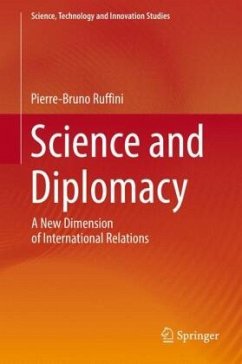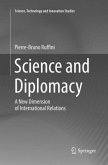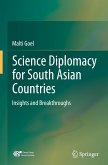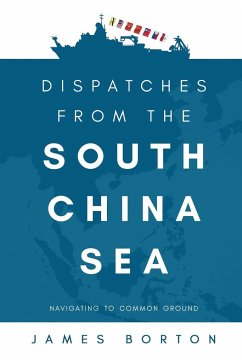This book examines in depth science diplomacy, a particular field of international relations, in which the interests of science and those of foreign policy intersect. Building on a wealth of examples drawn from history and contemporary international relations, it analyzes and discusses the links between the world of scientists and that of diplomats.
Written by a professor of economics and former Embassy counselor for science and technology, the book sets out to answer the following questions: Can science issues affect diplomatic relations between countries? Is international scientific cooperation a factor for peace? Are researchers good ambassadors for their countries? Is scientific influence a particular form of cultural influence on the world stage? Do diplomats really listen to what experts say when negotiating on the future of the planet? Is the independence of the scientist threatened by science diplomacy? What is a scientific attaché for?
Written by a professor of economics and former Embassy counselor for science and technology, the book sets out to answer the following questions: Can science issues affect diplomatic relations between countries? Is international scientific cooperation a factor for peace? Are researchers good ambassadors for their countries? Is scientific influence a particular form of cultural influence on the world stage? Do diplomats really listen to what experts say when negotiating on the future of the planet? Is the independence of the scientist threatened by science diplomacy? What is a scientific attaché for?
"A wide range of readers including academics and diplomats, as well as students with science policy, international relations, or diplomatic studies majors as well as anyone else who is not indifferent to modern global challenges that are undoubtedly rooted in science and guided by technological choices, will find this book greatly interesting." (Olga Krasnyak, The Hague Journal of Diplomacy, Vol. 14, 2019)








